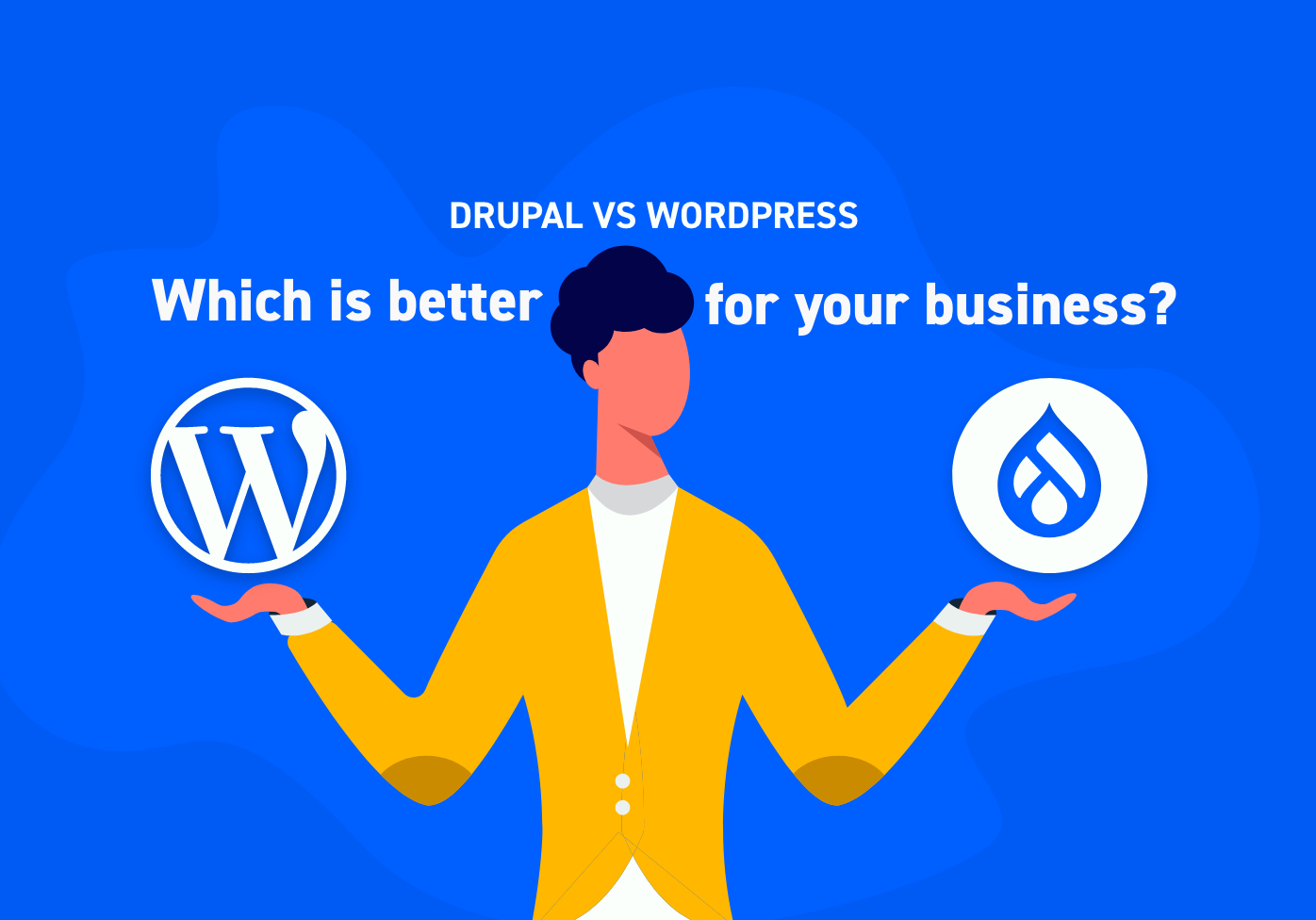Blog
Drupal vs. WordPress: Why Most Are Making the Switch
January 6, 2022
Posted by: DevDigital
Drupal used to be a rising star, something to seriously consider if you needed a business-friendly platform for a website and content. This isn’t quite how things worked out. Not only did users increasingly find weaknesses in Drupal, but competitors also emerged. The most famous alternative to Drupal is WordPress, now the world’s most popular content management system. It is also the world’s most popular website builder for a variety of reasons. So, why did WordPress eclipse Drupal? To understand that, you need to know what Drupal offered.
The Pros and Cons of Drupal
Drupal attained some early popularity because it offers some valuable advantages such as being a platform for something close to fully custom website creation. It still arguably has advantages over WordPress, particularly in the areas of security and customizability. Drupal 8 and 9:
· Are arguably more secure. WordPress is a little more vulnerable to hacking, which would have discouraged some risk-averse users from choosing it. Some experts say that both Drupal and WordPress can be highly secure, depending on how they are used.
· Are better for creating complicated organizing schemes. Users who need a powerful content management system might choose Drupal’s support for complex taxonomies of content types and sub-types.
· Include built-in support for multilingual websites. WordPress users need to add plugins for foreign languages.
· Boast extensive customizability. Both platforms are highly customizable, but Drupal offers more options even if they can be hard to use.
· Provide flexible access controls. Users can define access rights in a wide variety of ways. WordPress offers five user roles, with limited customizability.
Drupal has some disadvantages that have, over time, overshadowed the security and customizability advantages for most businesses. Here are the disadvantages of building a site on Drupal:
· The user interface is hard to use. Even Drupal admits its interface is not simple or intuitive.
· Customizing is hard. You need some degree of coding skill to make any meaningful tweaks to your site. You don’t need to be a programmer to customize a Drupal site, but your options are limited.
· Limited catalog of modules. If you need to customize Drupal, you will find a selection of over 4,000 modules. WordPress users have access to over 53,000 free plugins.
· Not user-friendly at all. Drupal is also harder to use for beginning developers.
· Can be more expensive. Cost can be an issue, because Drupal developers are expensive.
Finally, and this isn’t necessarily a disadvantage, Drupal 7 is no longer supported. The many, many Drupal 7 sites out there had to be upgraded to 8 then 9. Or, those owners had to migrate to a new platform.
This huge difference in options is only one reason why businesses have switched to WordPress. As a DIY web design platform, WordPress is a popular choice for many reasons. You need to be an experienced programmer to create a site in Drupal, whereas WordPress offers a wide range of templates, plus drag-and-drop elements for inserting video clips, linking to databases, and adding forms.
Compelling WordPress Advantages
Drupal retains some advantages relative to WordPress, but WordPress has emerged as a superior choice for most business owners. WordPress users have access to a huge community for support and there is a huge catalog of plug-ins and custom themes. It is relatively easy for a beginner or busy entrepreneur to put up an attractive site using one of the thousands of themes. When custom development work is necessary, WordPress is cheaper because Drupal developers are more expensive.
As a website design tool, Drupal is no competition for WordPress. Experienced web developers who create custom sites also like to build on WordPress because of its user-friendliness, huge catalog of plug-ins, and extensive free or paid support. Of course, WordPress and other website builders put much of the burden on users to code, secure, manage, and update their sites.
Let DevDigital Help You Build a Killer Website
Drupal is no longer even close to being an industry standard for web design and content management. WordPress offers better features and better support, along with being much easier to use than Drupal. However, full-custom development is always going to deliver the best possible performance and aesthetics. Contact us to find out how we can create an engaging, secure, and search-engine friendly site for you, just as we have done for 100s of clients over the years.
